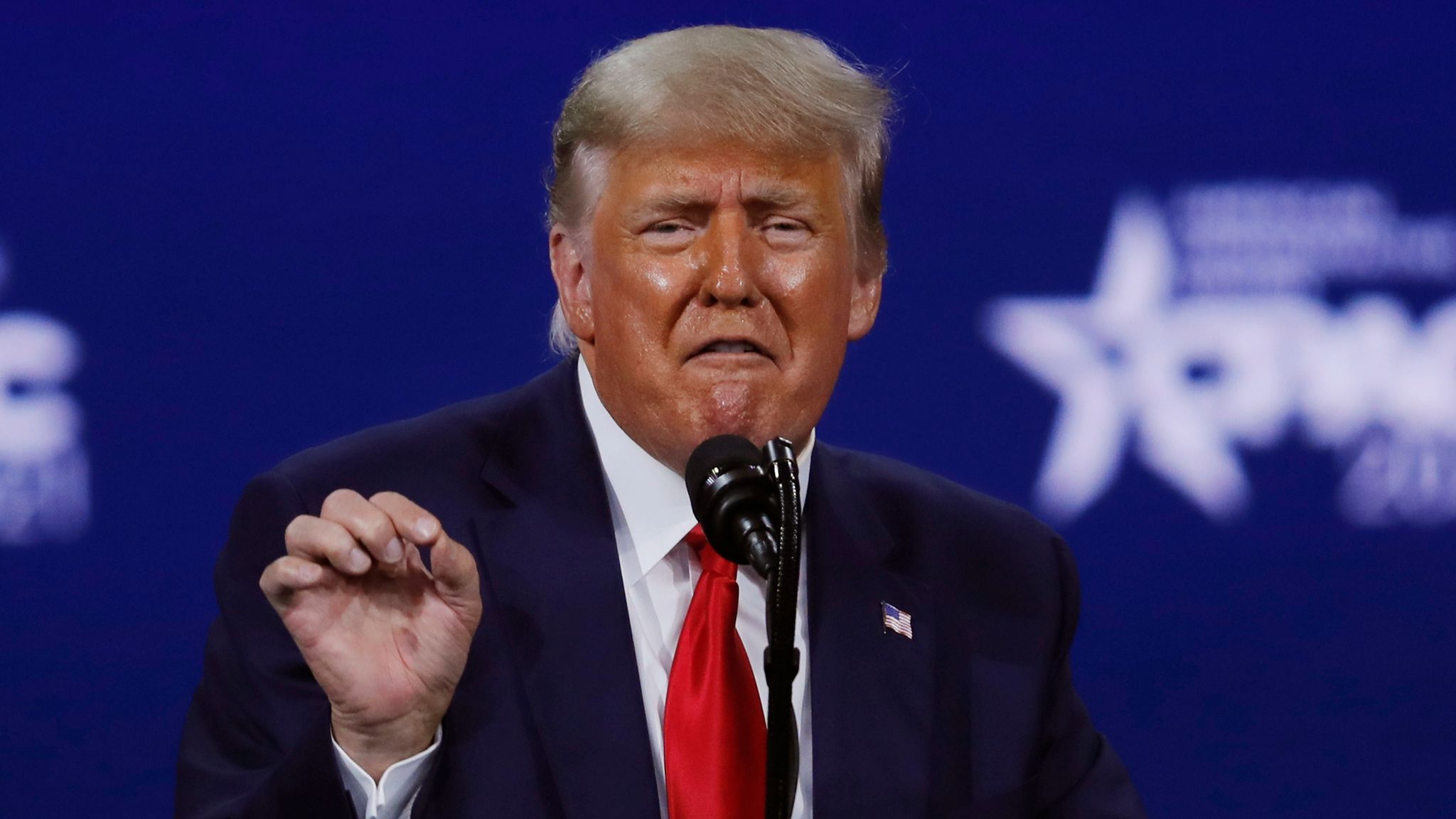


However, we first briefly discuss the threshold question whether the Clause applies to Pence given its reference only to “Senators and Representatives.” Article I, section 6, Clause 1 reads: The main focus of our attention is on the scope of the privilege if it applies to the vice president. Assume for the sake of analysis that Vice President Pence’s counting of the ballots on January 6th is covered by the Speech or Debate Clause The Special Counsel (and the courts) can assume that it does, and swiftly reject Pence’s effort to resist showing up at the courthouse or answering the lines of questions we outline below. In sum, the Special Counsel need not end up in protracted litigation over whether the Speech or Debate Clause applies to Pence. 2022), denial of application for stay and an injunction pending appeal by Supreme Court (Nov. Even if the Clause applies to the vice president, several “categories … could not qualify as legislative activities under any understanding of Supreme Court precedent,” Fulton County Special Purpose Grand Jury vs.
#Trump speech trial
Whether Special Counsel Jack Smith wants Pence’s testimony to fill gaps in the ongoing investigation or instead wants to lock in Pence’s testimony now in anticipation of a trial – either way Pence’s claim that he is covered by the Speech or Debate Clause is, on its own, a highly incomplete and inadequate answer. Second, there are several lines of questions – which we describe below with specific examples – that would not be precluded by the Speech or Debate Clause. First, the Clause, as interpreted by the Supreme Court, does not provide sufficient legal basis to resist wholesale a subpoena to testify before the grand jury in the January 6th investigation. However, that is largely to no avail here. Summary of our findings: Vice President Mike Pence may have a reasonable basis to claim that the Speech or Debate Clause includes a Vice President when acting as President of the Senate. Constitution provides members of Congress immunity from testifying before a grand jury about their “legislative activities.” In a landmark Supreme Court decision, the Court made clear that the Speech or Debate Clause is not limited literally to Representatives and Senators and that individuals who are covered by the Clause cannot resist testifying before a grand jury about communications and activity not covered by the Clause.


 0 kommentar(er)
0 kommentar(er)
